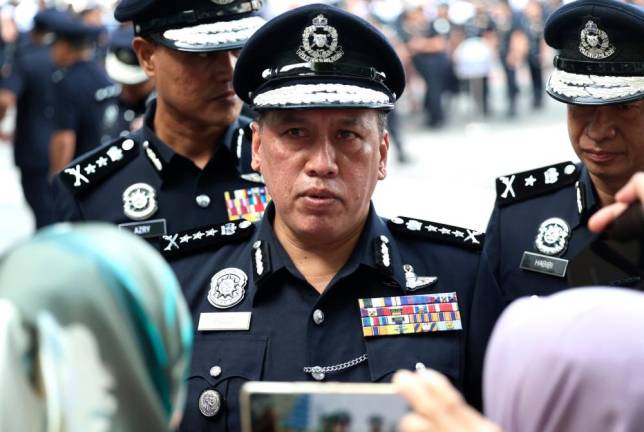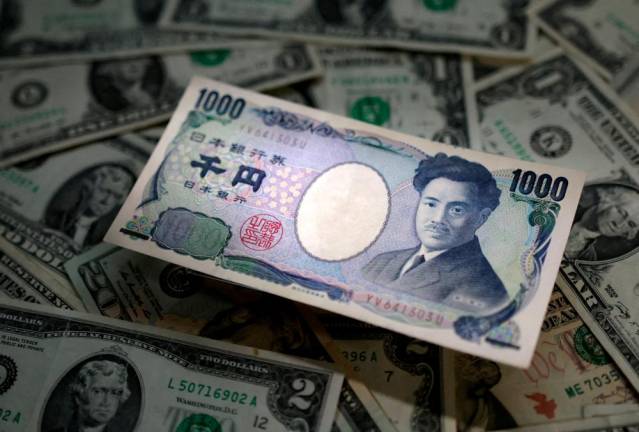PETALING JAYA: Cooperation between Malaysia and Singapore in food security could draw more foreign direct investments (FDI) and increase employment opportunities in rural areas, said Universiti Utara Malaysia economics professor Dr K. Kuperan Viswanathan.
He was giving his views on Prime Minister Datuk Seri Anwar Ibrahim’s (pix) comments on Monday that such a move is one area of cooperation that could be explored by both countries.
“Food security is an area that I believe would solicit support for Singapore to use Malaysia as the heartland to produce for the benefit of both countries,” Anwar said during his one-day official visit to the city-state on Monday.
Kuperan said Malaysia has the land and ecological conditions to produce vegetables, livestock and poultry eggs, while Singapore has the money and investors willing to explore agriculture and food production.
“Malaysia could welcome investors from Singapore who are willing to put money into food production so both nations can gain from boosting food security this way.
“This is a good way to introduce FDI into Malaysia and direct them to the vital food production sector. Doing so will also increase employment opportunities and raise income for the rural population.
“Investments from Singapore should also be directed to Sabah and Sarawak as these regions need more funds to uplift the income levels
of residents.
“Investing in agriculture is a very good way to help rural populations there. This approach of roping in investments from Singapore is a very efficient and effective way to enhance food security while alleviating poverty,” he added.
Universiti Malaya agriculture expert Dr Muhamad Shakirin Mispan said Malaysia could also benefit from Singapore in terms of technology transfer.
He said Malaysia has plenty of unutilised land that can be converted for agriculture use.
“I’m not keen for Malaysia to open up more farmlands by destroying our natural forests and highlands. Opening up these lands will have negative environmental consequences in the future.
“Instead, we need to explore new farming technologies (NFT). I believe Singapore has the funds and expertise that can be shared with Malaysia to implement NFT in the country.
“Vertical farming, aquaponics and hydroponics can be integrated with smart farming techniques to increase yields and improve quality. We can also produce speciality organic crops such as tomatoes, lettuce and spinach, and premium produce like avocado, dragonfruit and kohlrabi (German turnip), which can be marketed in Singapore,” he said.
Muhamad Shakirin added that this can have a positive impact on the Malaysian economy as NFT could bring positive results to the Malaysian agricultural sector and attract youths to take up farming.
“As long as the government has a good policy to make sure we produce enough for our people, I believe a joint venture with Singapore could improve our food security as well.”
Muhamad Shakirin said some agricultural products, such as rice, are heavily subsidised.
“Although the Control of Padi and Rice Act 1994 has strong regulations governing rice exports, we need to ensure that the subsidy will remain only for the benefit of Malaysians.
“Malaysia must keep abreast of Singaporeans’ advantage in technological knowledge and bring it into the country. We can increase our human capital capacity and be agriculture champions in the region,” he said.










